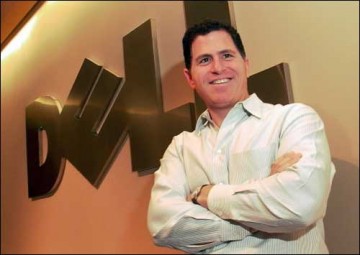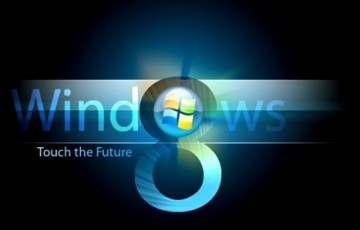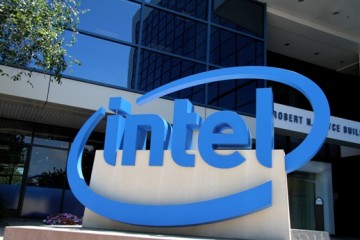 The dreaded UK Budget could have a negative impact on margins in the industry, distributors have said.
The dreaded UK Budget could have a negative impact on margins in the industry, distributors have said.
With the UK teetering on the brink of a triple-dip recession and the country’s once-cherished AAA credit rating lost, the Budget, set to be announced on Wednesday is expected to bring bad news to businesses.
Chancellor George Osborne has already said the Budget will contain measures to “help those who aspire to work hard and get on” but would also set out the scale of further curbs on public spending from 2015.
Distributors have also suggested Osborne will once again announce rises in fuel as well as on metals, both factors that could cause ripples in the channel.
One told ChannelEye: “The budget is always a time everyone dreads. If we’re talking from a business perspective then there’s a lot that we can look forward to. Firstly is probably a rise in fuel costs, which of course will have a detrimental impact on our business, meaning we’ll have to raise costs for our customers.
“Components, especially those with certain metals will also rise, meaning suppliers will either have to raise their costs or, in an unlikely case, keep costs the same and risk smaller margins. Either way it’s not good,” he added.
Another distie also shared the same views, embellishing on the components that could be affected, telling ChannelEye: “Every year the budget has some impact on us and our clients. Some metals, be it iron or copper could be taxed at a higher price meaning suppliers will have to raise their costs having both a knock on effect on the channel and the consumer, who I imagine will also be facing more financial issues due to other parts of the budget.
“However, this may also drive more competition with suppliers trying to keep costs low. This means it’ll drive down lower prices which will affect our margins.”
Others were however, more concerned about fuel costs, claiming that this would be the
“biggest problem for [the industry],” as they just kept “rising and rising”.
“Possibly component prices but I don’t think this will have as much impact as petrol costs,” he told ChannelEye.
“Either way it’ll mean we, and clients will be putting prices up to ensure we keep to our profit margins.”
However, others were less concerned taking a more “Ce la vie” approach.
“It’s not all bad,” one said.
“Yes, there will be price hikes in fuel and components. But, this is all relative to the way inflation works. Everything is going up, it’s the way of the climate. I think people are almost expecting to having to pay more, whether that has a knock on effect on what they buy remains to be seen.”
 A group of Lebanese IT distributors have been jailed for the crime of hacking off the might tin box shifter Dell and breaching an anti-lawsuit order.
A group of Lebanese IT distributors have been jailed for the crime of hacking off the might tin box shifter Dell and breaching an anti-lawsuit order.












